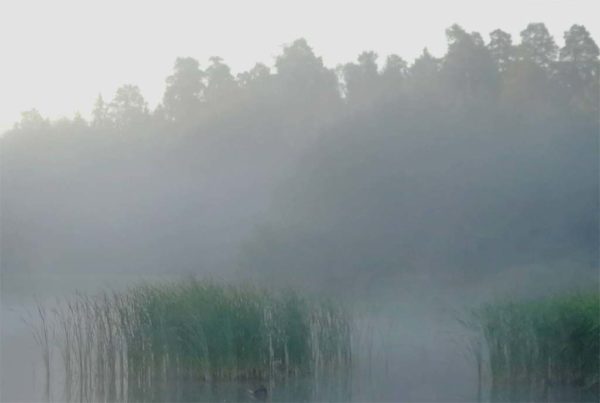Norse Discovery Of The Americas Shows How Fragile Our Historical Understanding Really Is
History consists of a set of data points, which are factual, with lines drawn between them that represent the intersection between human estimation, imagination and projection. If we find one Roman corpse buried with a margarita, we do not know that all Romans drank margaritas, but we have to make a call one way or the other, so we opt for inclusion so that the data point is not forgotten.
In the same way, the West has lost its history several times. We all know about the fall of Greece and Rome, and how much was lost as people fled those dying empires which then vanished into genetic admixture, but what about the years that our people were wandering around India and China, or ranging over the Ukrainian steppes? History has been lost more than it has been found.
Over a decade ago, a historical survey found and formalized a bit of forgotten history, namely the recent Norse discovery of America, centuries before Columbus:
In the late 8th century, the stage for Viking expansion was set by commercial expansion in northwest Europe, the pressure of an increasing population in limited territorial reserves, and the development of the Viking ships. The Norsemen traveled extensively over the oceans, south to the Holy Land, and north to the White Sea and settled over a wide area from Sicily to Greenland. Historical sources, including the reports by Adam of Bremen and the Icelandic Sagas, describe several expeditions from Greenland to Vinland (somewhere along the east coast of North America) in approximately AD 1000 and later. Historians have arrived at highly different conclusions with respect to the location of Vinland (from Labrador to Georgia), but, in 1960, the Norwegian explorer Helge Ingstad localized ancient house sites on L’Ans aux Meadows, a small fishing village on the Northern beaches of Newfoundland. From 1961 to 1969, Ingstad and his wife, Anne Stine (an archaeologist), led several archaeological expeditions that revealed Viking turf houses with room for approximately 100 people. They also excavated a smithy, outdoor cooking pits, boathouses, a bathhouse, and enclosures for cattle, in addition to several Viking artifacts. The finds were C dated to AD 990 +/- 30.
This might be termed the recent Norse discovery of America because we know that the ancestors of the Norse, who have also showed up in China and India, ranged across the world thousands of years before this most recent discovery, and it seems nonsensical to assume that they were not able craft boats and ride ocean currents at that time.
Like the history of humanity itself, the history of Europeans is shrouded in darkness, mainly because history requires a present-day force to maintain it and is always the first target of those who wish to seize power. Perhaps archaeology and genetics can fill in for where our memories have been lost to time.
Tags: america, exploration, norse










